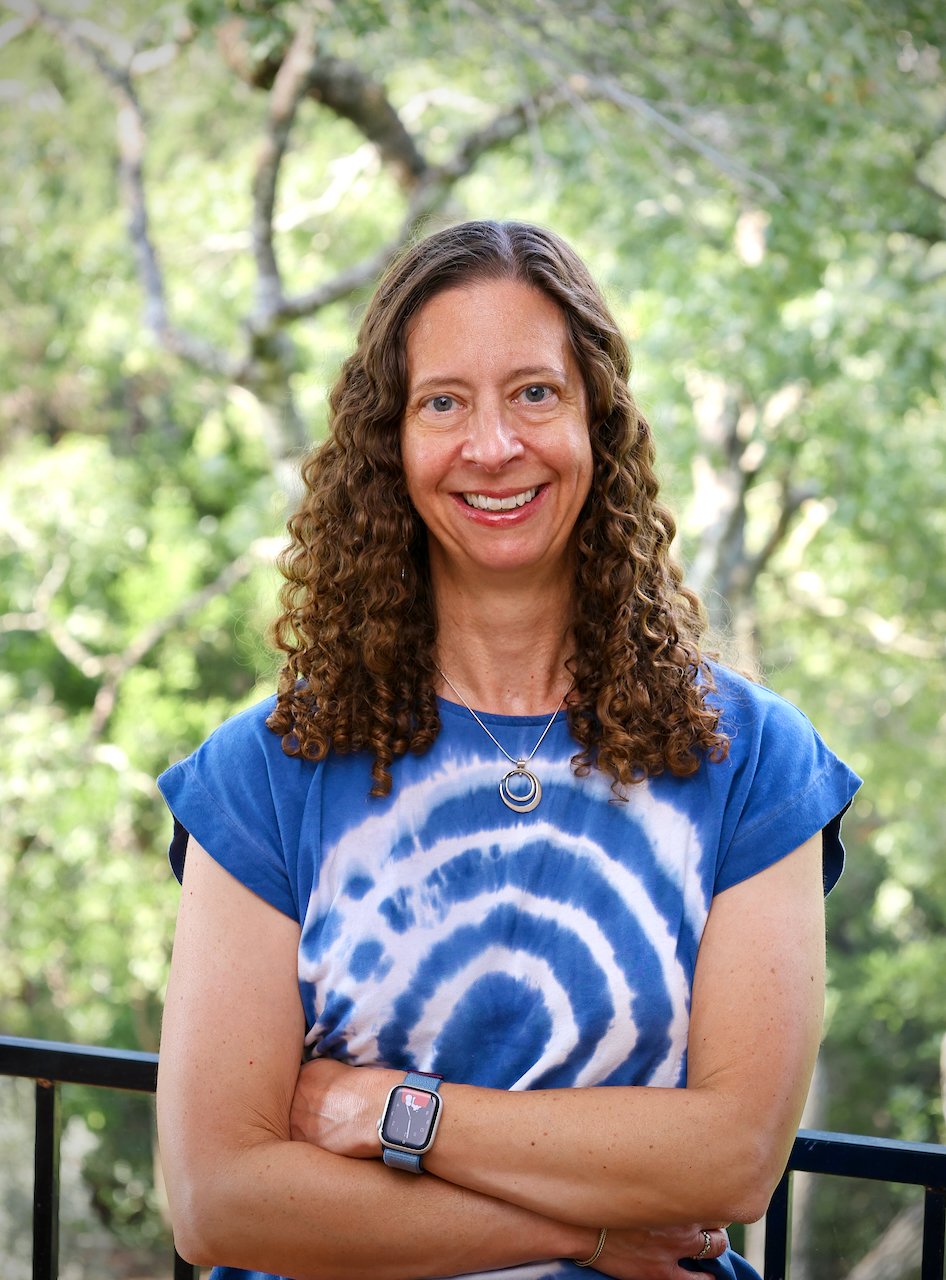Lauren I.R. Ehrlich, PhD
L. Leon Campbell, Ph.D. Distinguished Professor in Microbiology
Professor of Molecular Biosciences
Professor (by courtesy) of Internal Medicine, Division of Oncology, Dell Medical School
Member, LaMontagne Center for Infectious Disease
Member, Livestrong Cancer Institutes
The University of Texas at Austin
100 E 24th St., A5000
Austin, TX 78712
email: lehrlich@austin.utexas.edu
phone: 512-475-7125
Biography
Lauren Ehrlich is the L. Leon Campbell, Ph.D. Distinguished Professor in Microbiology and a Professor in the Department of Molecular Biosciences at the University of Texas at Austin. Lauren earned her B.S. in Biology from Yale University, where she worked in Adrian Hayday's lab, studying gamma-delta T cell development and selection. This work piqued her interest in the complexity of cell fate decisions in the thymus. She then obtained her PhD in Immunology from Stanford University in Mark Davis’ lab, where she investigated the dynamic spatio-temporal recruitment of signaling molecules to the immunological synapse of mature T cells and developing thymocytes. After a postdoctoral fellowship with Lewis Lanier at UCSF studying the role of NKG2D in activation of CD8+ T cells, Lauren returned to Stanford University as a postdoctoral fellow in Irv Weissman’s lab, where she pursued her interest in T cell development, establishing a 2-photon imaging system to study the cues that guide developing T cells through different microenvironments within the thymus to ensure their proper differentiation. At the University of Texas at Austin, the Ehrlich lab investigates cellular and molecular mechanisms governing differentiation of diverse, self-tolerant T cells in the thymus throughout the lifespan. Her lab also investigates mechanisms by which tumor microenvironments support progression of T-cell acute lymphoblastic leukemia and solid tumors. Lauren is a member of the LaMontagne Center for Infectious Disease and of the Livestrong Cancer Institutes at the Dell Medical School.

